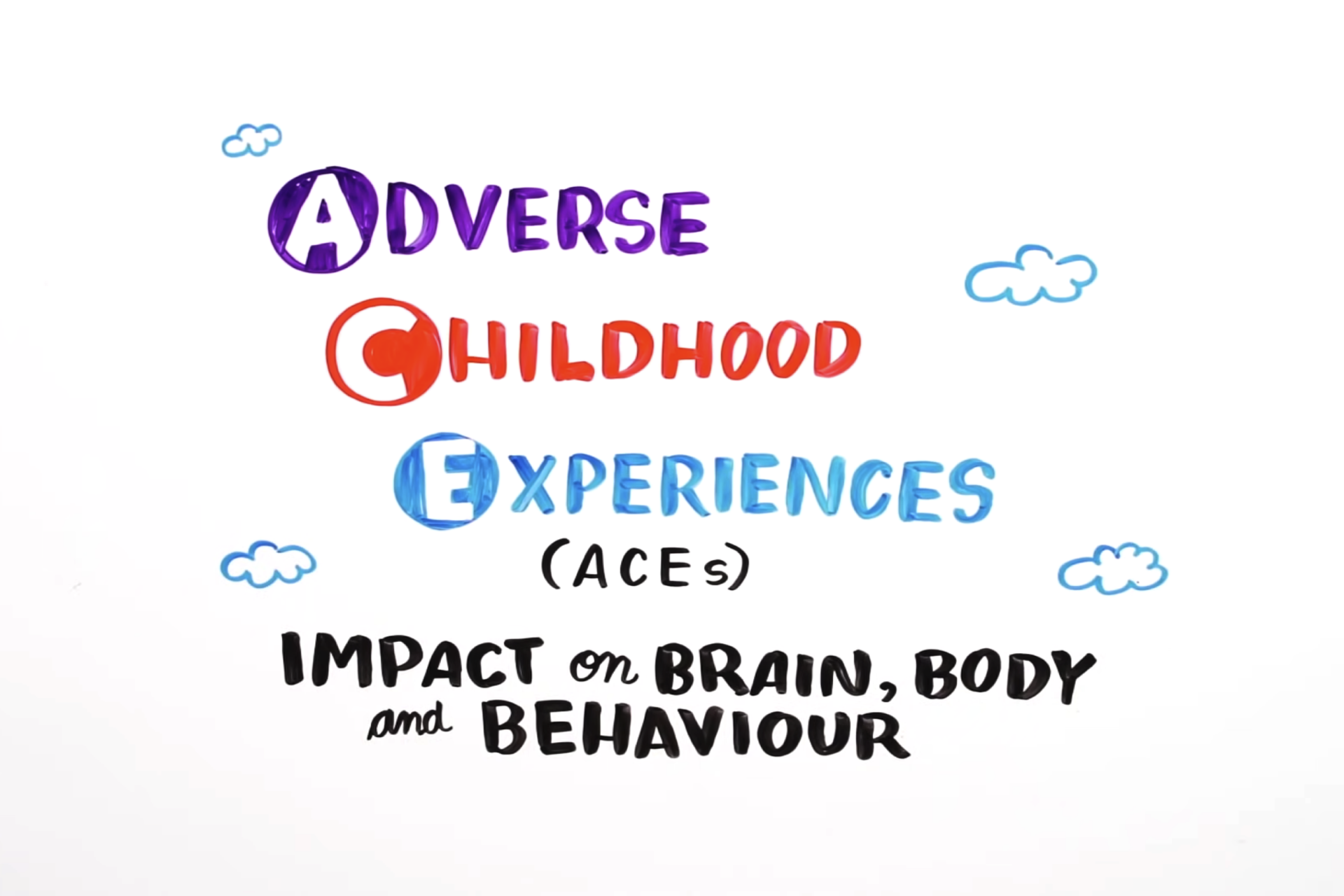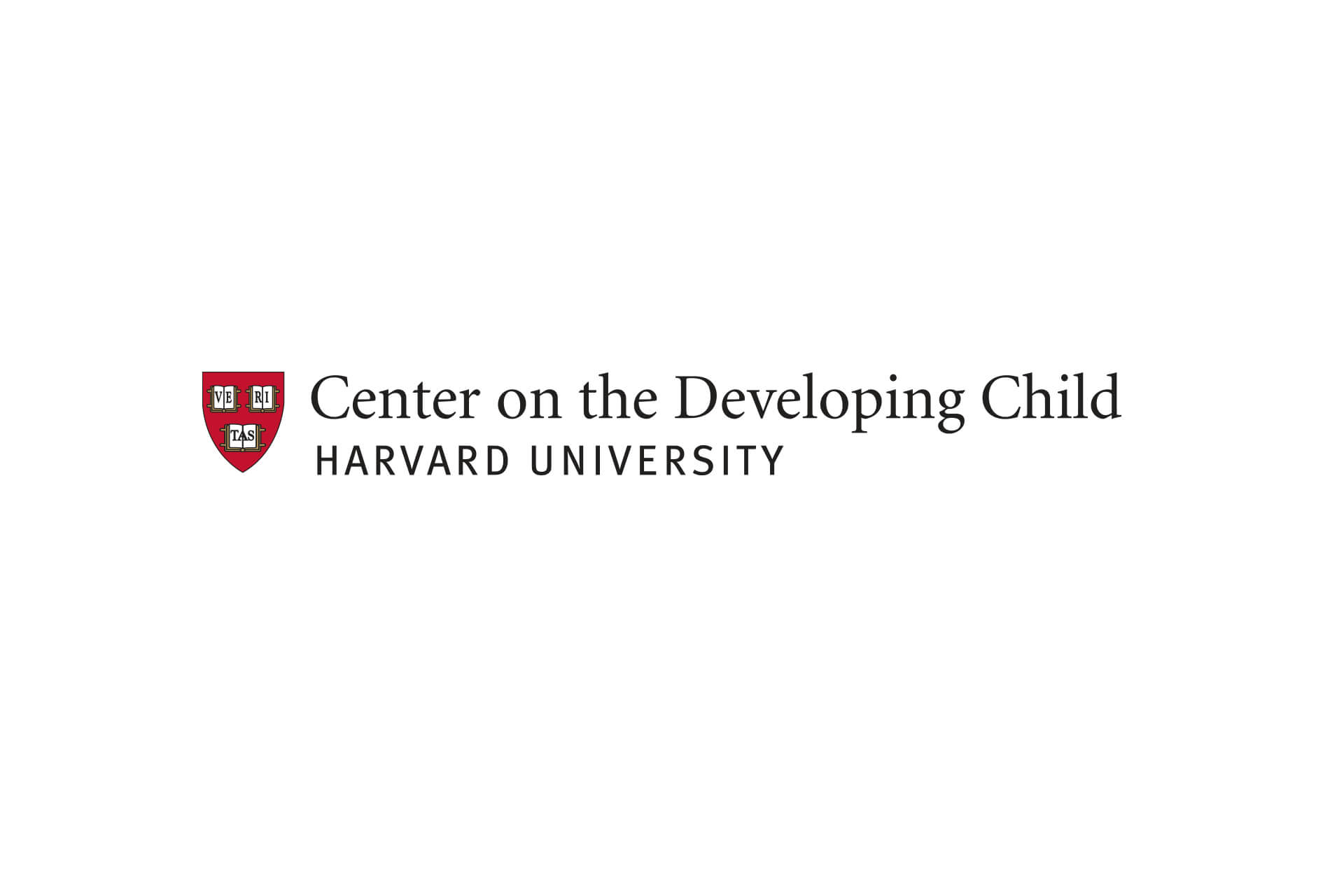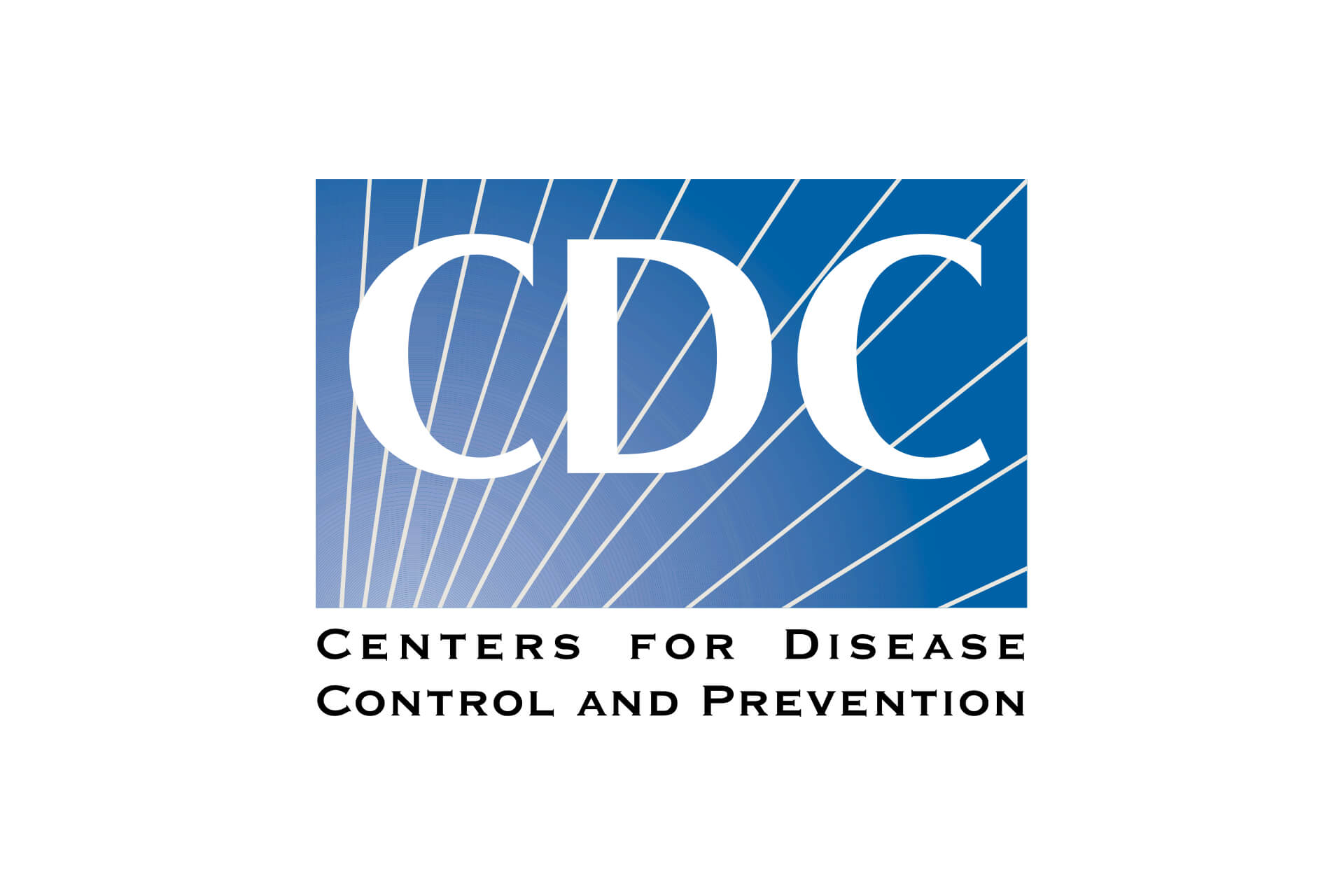Adverse Childhood Experiences (ACEs)
When a person experiences strong, frequent, or prolonged adversity such as physical or emotional abuse, chronic neglect, caregiver substance abuse or mental illness, exposure to violence, or the accumulated burdens of family economic hardship, it can have profound negative effects on the mind and body. The stress response to these events has been known to disrupt the development of brain architecture as well as other bodily systems — neuroendocrine, immune, metabolic, and genetic — leading to what is considered toxic levels of stress.
Toxic stress experienced in early childhood (ages 0 – 17 years) — referred to as adverse childhood experiences or ACEs — has been linked to chronic health problems, mental illness, and substance abuse as that child grows to become an adult. ACEs can also negatively impact education and job opportunities. And more recent studies have highlighted how a history of community-level trauma and violence has profound impacts on health in schools.

Toxic stress and ACEs are an under-recognized and under-addressed reason that many individuals are unable to achieve their full potential. This impacts them in the classroom, in the clinic, in their relationships, and beyond.
Trauma-informed care in schools
Given just how common childhood adversity and toxic stress are, it’s important that schools develop universal trauma-informed principles in their educational spaces and structures to reduce overall exposure to adversity and enhance resilience for both children and adults. All school personnel can be trained to understand “disruptive” behaviors and school difficulties as possible symptoms of toxic stress and to respond with compassionate, protective interventions rather than punitive actions. Partnerships between pediatric providers and educators can promote shared goal setting, decision making, more optimal treatment, and closer follow-up of those students who are struggling from the effects of toxic stress. Strategies for regulating toxic stress physiology include promoting optimal sleep hygiene, anti-inflammatory nutrition, physical exercise, mindfulness practices, experiencing nature, and supportive relationships.












